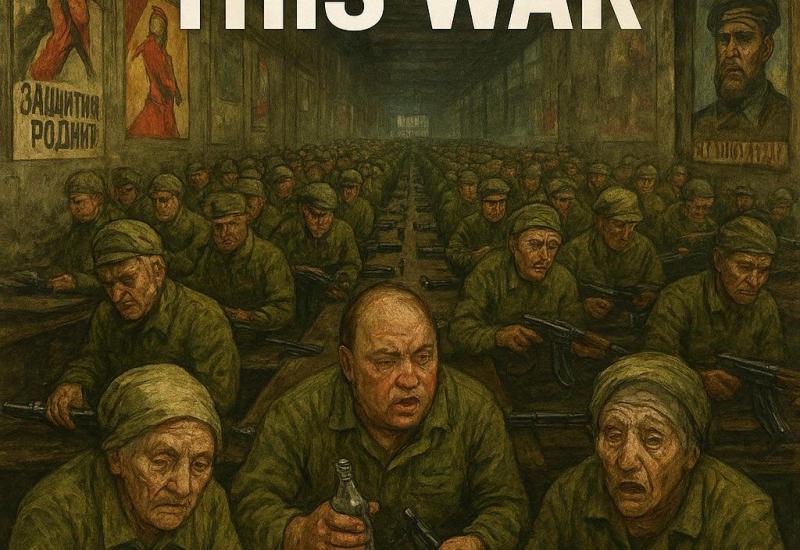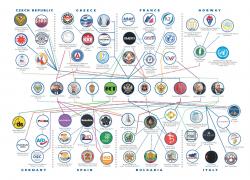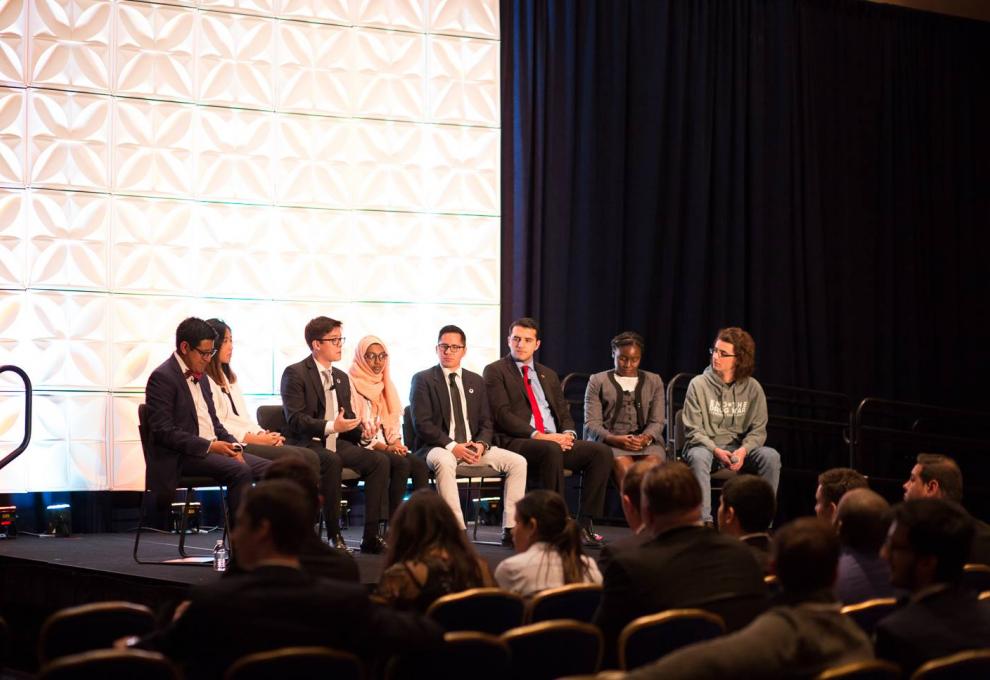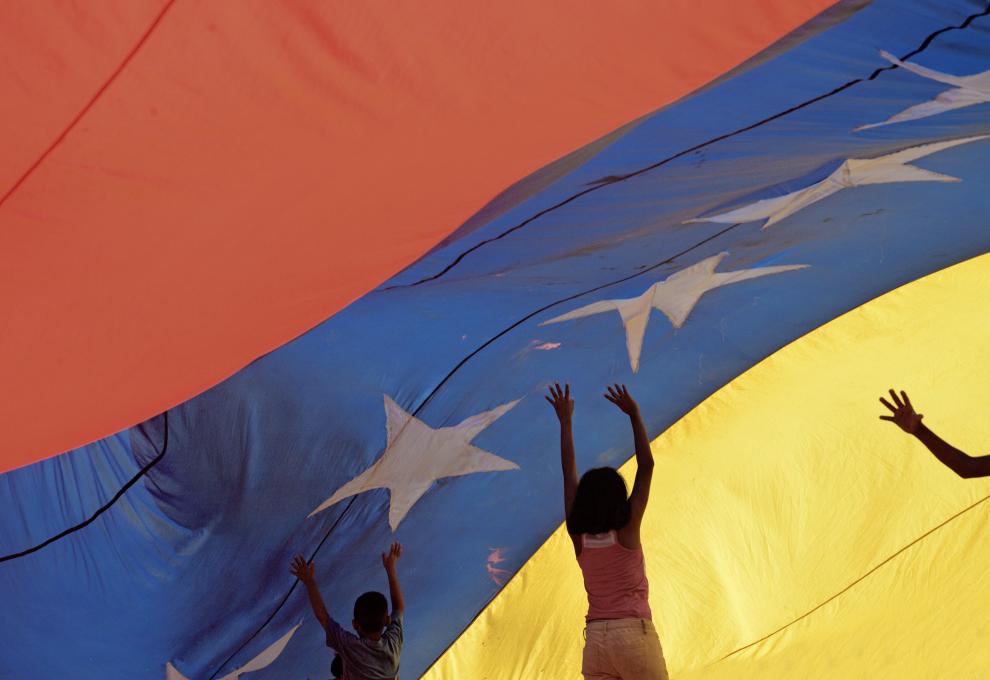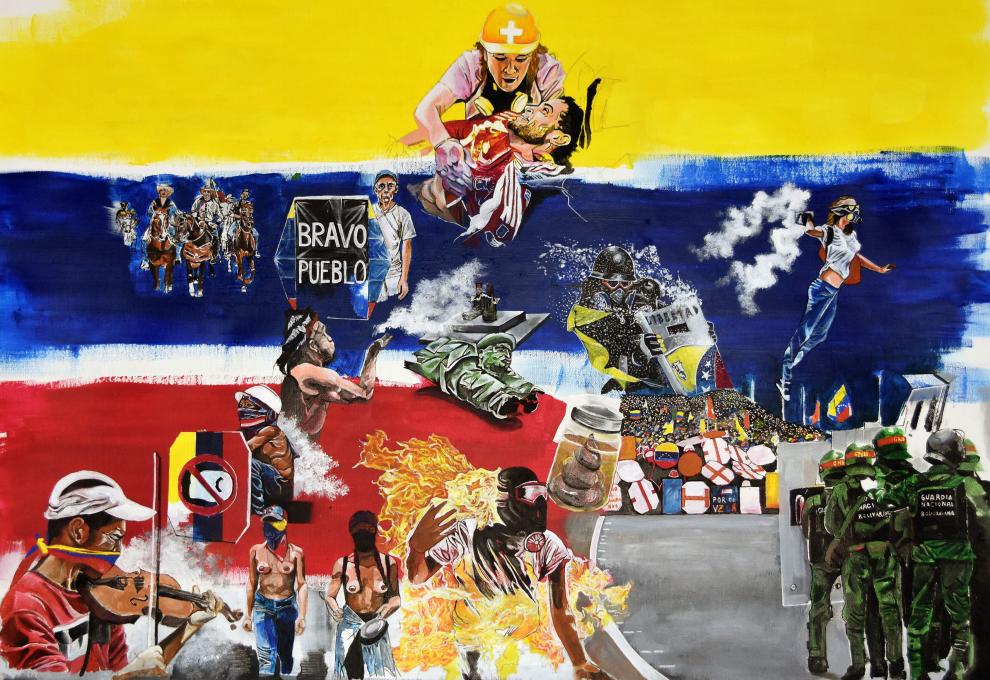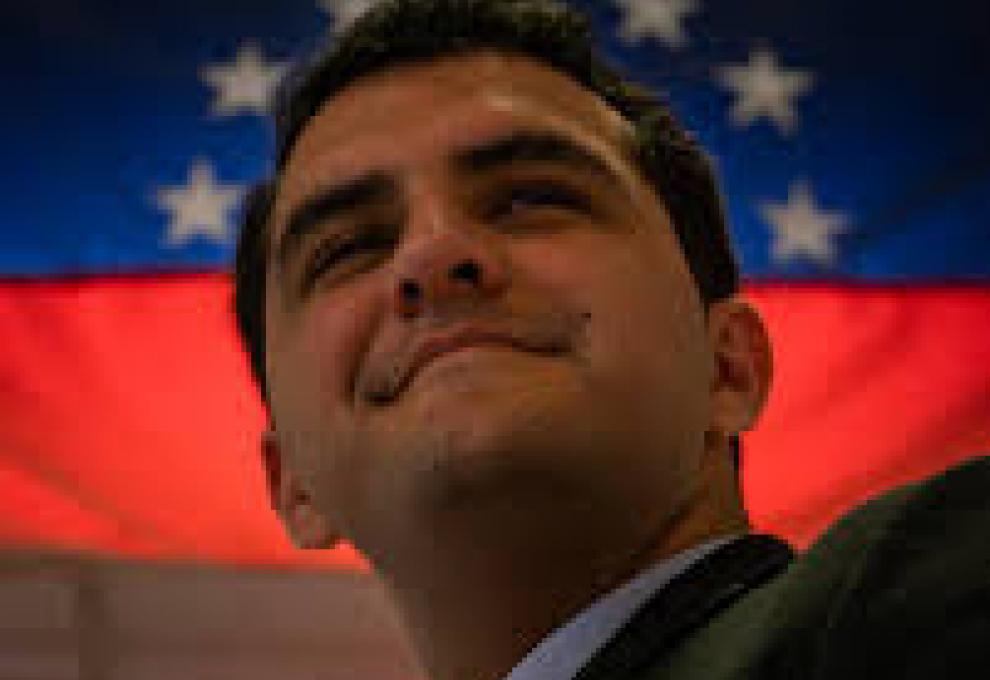Venezuela is Running Out of Diesel
Farmers warn that the country could be out of diesel in two weeks, a situation that would paralyze Venezuela’s already decimated food supply.
Last week, I made a trip from Barquisimeto (the capital of Lara state) to Caracas (the capital of the country). To go from one city to the other, I had to drive roughly five hours, and 360 kilometers, passing through states like Carabobo and Yaracuy.
During my drive, there are two things that caught my attention. First, I was astonished by the countless checking points that I encountered during those five hours, especially near and within the capital city of Caracas. The country is militarized like never before, making freedom of transit virtually non-existent.
This is especially true every two weeks when the country has to go through the so-called “week of rigid lockdown.” As I wrote here at FTN back in July, Venezuela’s lockdown system has been not only unique in the world but also uniquely prejudicial for the economy. Venezuela has a lockdown system where one week is “rigid” while the other is “flexible,” meaning that one week everything is closed while the other is somewhat open. During the rigid week, is practically impossible to travel between states.
The second thing I noticed is the one related to today’s article. During my drive, I saw numerous lines of trucks waiting for Diesel. Lines that seemed infinite. This was particularly worrisome to me since most of these trucks were not empty but loaded with grains, vegetables, and other types of food.
For that reason, since I arrived in Caracas, I began to research the situation. I asked friends that are farmers, working in prosperous agricultural areas like Carora and Turen. They told me that the situation is critical and that they are afraid that their food will simply root if they do not find a way to transport their food. They also say that if the Maduro regime liberalizes the price of diesel, as it did with the price of fuel, then the transportation costs of food will go through the roof, exacerbating the already worrisome humanitarian crisis of the country. To put it in perspective, a gallon of fuel is now being sold at $2; this in a country where the minimum wage is less than $10 per month.
I also researched the supply and consumption of Diesel in Venezuela, finding that the supply deficit is not only astonishing but also increasing as the days go by. For instance, before the pandemic, the country used to consume about 65 thousand barrels of diesel daily, which is over ten million littles of diesel per day.
Out of those 65 thousand barrels, the country used to import half of them, which is currently no longer possible as a result of the United States sanctions to the Venezuelan government, and its state-own oil company, PDVSA.
For this reason, while the cause of the country’s deficient supply of diesel is the government’s mismanagement of PDVSA (as this company should have the capacity to not only fulfill domestic consumption but also export diesel), the American sanctions are worsening the situation, which is the reason numerous experts are advising the Biden administration to liberalize the commercialization of diesel with Venezuela.
This is an argument that I subscribe to, but with a caveat. If I were advising the Biden administration, I would be willing to liberalize the commercialization of diesel, but with a price. I would not only ask something in return, but I would only allow oil-for-diesel swap deals, and with the contingency that the diesel is sold at fair prices to Venezuelans. Because otherwise, the regime would use this scheme to enrich itself and its business elite.
In conclusion, what is clear is that the situation could become very ugly, very soon. In fact, according to the latest statement by FEDEAGRO (the association that groups together agricultural producers in Venezuela), Venezuela could be out of diesel in as soon as two weeks. This is extremely worrisome because it would exacerbate the humanitarian crisis of the country. A country with over nine million people that urgently need food, according to the UN. For this reason, I hope that the diesel situation can be resolved, and I call those in the US government, the Venezuelan opposition, and the Maduro regime to find a negotiated solution to this problem.
Because ultimately, the elites will not suffer the consequences, the people will.
Jorge Jraissati is the president of the Venezuelan Alliance. Graduated at the Wilkes Honors College, Jorge is an economist, political leader, and a fellow at the Abigail Adams Institute. Jorge has been invited as a guest lecturer to over 20 universities, such as Harvard, NYU, and Cambridge.



